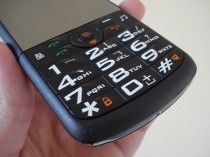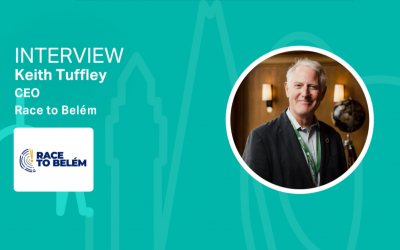UN scheme gives mobile phone access to people in poverty through the cloud
A UN and private business partnership is aiming to open up mobile phone access to three million people living in poverty by replacing handset use with cloud-based personal mobile identities.

Mobile phone communications could become available to at least three million people living in poverty in developing countries through access to personal mobile identities based in the “cloud”. This is through a scheme supported by the United Nations Development Programme (UNDP).
A "cloud" is an online data storage area where personal information can be accessed remotely and flexibly through a phone or internet connection.
Mobile phone users are accustomed to using their own mobile phone handset with a SIM (Subscriber Identity Module) card storing their own telephone number but many people living in developing countries cannot afford either of these things.
Instead of sharing a mobile phone number with family members or neighbours, a cloud phone identification number will be provided to people. This unique number can then be used on any mobile phone and users can log in to make and receive calls. Private companies involved in the project say that people will also be able to access information such as banking and advice on agriculture and health.
Cloud services cut carbon emissions because making and receiving calls online for a limited period of time saves energy compared with having a phone constantly switched on. If phones can be shared then fewer handsets need be produced, increasing resource efficiency.
This new UNDP scheme is being launched in line with the United National Business call to Action (BCtA) initiative. This encourages private sector companies to become involved with efforts to fight poverty.
It has not been revealed by the UN or private companies involved in the project how much it will cost people to access these individual numbers.
Amanda Gardiner, BCtA Acting Program Manager said: “Evidence shows that access to mobile communications is a way of improving lives and expanding the earning potential of one billion people living on $1-2 a day.”
“By providing low-income communities with access to secure mobile accounts and identities, Companies can help to bridge the divide between those that have easy access to mobile phones and those that rely on community phones or paying a borrower’s premium to friends to meet their communication needs.”
Movirtu is a UK based company involved in the project and plans to bring the phone technology to at least 12 markets in Africa and South Asia by early 2013. Movirtu say this will give at least 50 million people in both continents access to the technology. The company has a target of 3 million using it on a regular basis.






